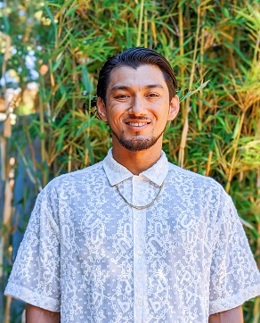Addressing the Shortage of Mental Health Clinicians

Nearly a quarter of Washington residents will struggle with a mental health problem at some point in their life. Yet almost half of the state’s 39 counties don’t have a single psychiatrist or psychologist to help.
Daunting statistics like this, and similar ones from around the country, are what inspired Anthony Osuna, a faculty member in the UW Master of Arts in Applied Child & Adolescent Psychology: Prevention & Treatment program, to come to the UW and help train the next generation of mental health therapists.
“Our communities are in need of mental health care, and there’s an unfortunate scarcity of clinicians trained to provide evidence-based services. This program was specifically created to address Washington’s need for mental health clinicians.”
With clinical expertise in autism spectrum disorders and developmental disabilities, Osuna has focused his research on helping adults with ASD develop online social skills and improving the experiences of underserved families with children with ASD.
Bringing Diverse Perspectives Into the Classroom
But addressing the shortage of providers is only part of the challenge that Osuna plans to tackle. As a first-generation college graduate and as a Black, Indigenous Mexican American and Filipino professor, he’ll embody for his students of color what he never encountered in a college classroom: A professor who looks like them and comes from a similar background.
“To me, teaching is about showing students that brown folks like us have the academic and lived experiences to impact the highest levels of education.”
That’s why mentoring students from underrepresented backgrounds and increasing diversity within academia are important parts of Osuna’s approach to teaching. “It’s helpful to foster a sense of community among students who may not feel like they belong. Those who make it this far in the education system are resilient, and it’s exciting to engage with such inspiring folks.”
He'll also use his classroom to highlight how systems of psychology are used to oppress certain communities and uphold white supremacy. “I look forward to broadening how students learn and practice psychology through amplifying diverse perspectives.”